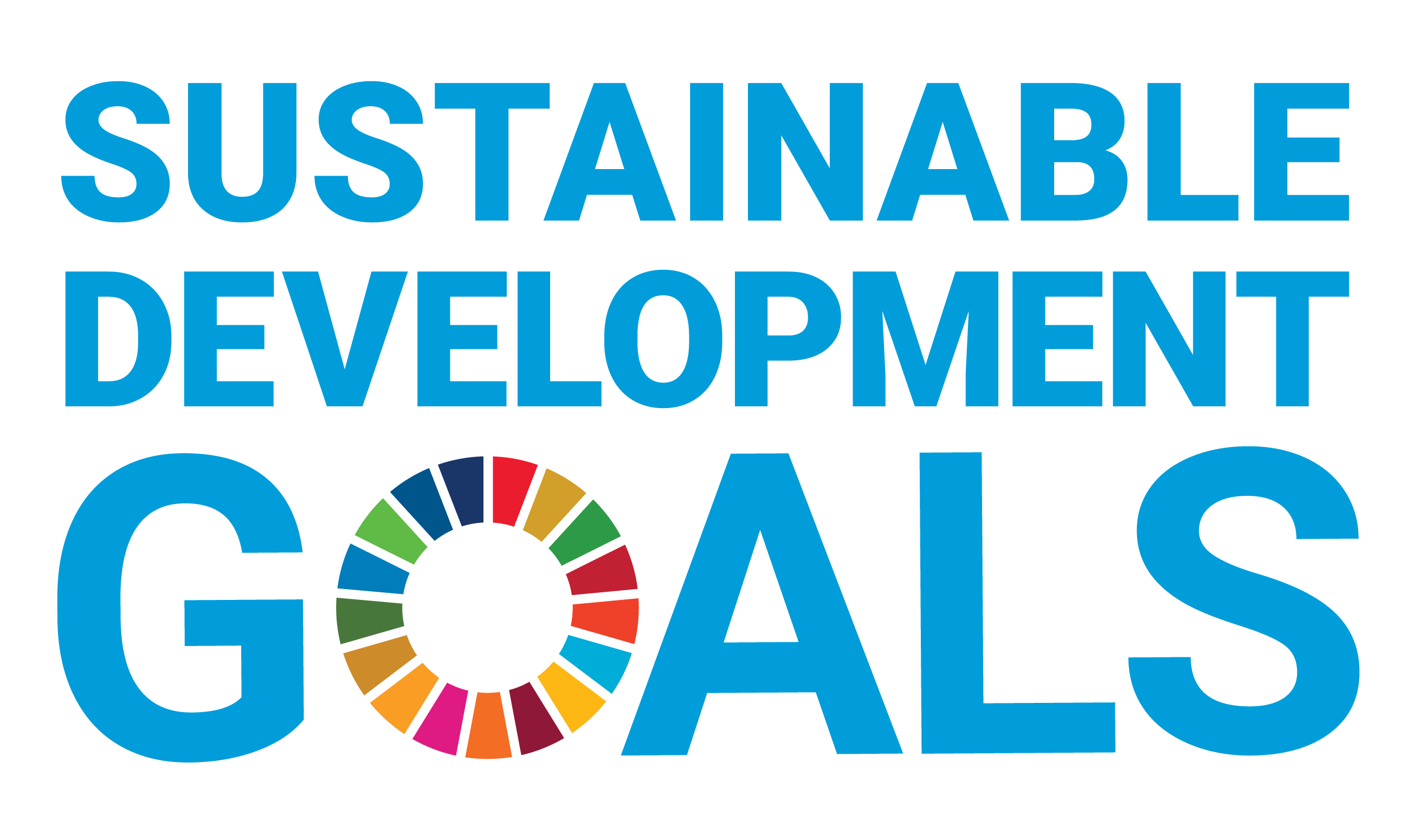Document Type
Article
Publication Date
2022
Abstract
The OECD Guidelines for Multinational Enterprises (OECD Guidelines) are one of the few measures that were successfully realised on the international plane in the decades-long pursuit of corporate accountability. For 20 years, the OECD Guidelines and their non-judicial grievance mechanism, the National Contact Point (NCP), have been continuously resorted to by victims and advocates in holding businesses to account for various abuses and misbehaviours. Interestingly, NCP cases (specific instances) have only steadily increased through the years despite the challenges, limitations and criticisms that the mechanism has been confronted with. And more states continue to adhere to the Guidelines, OECD members and non-members alike, and bind themselves to the obligation of establishing an NCP within their territory. Such mechanism accordingly remains relevant, valuable and indispensable. This article seeks to revisit and examine the OECD Guidelines and the NCPs in light of the two United Nations (UN) pathways initiated by the UN Human Rights Council: the UN Guiding Principles on Business and Human Rights (UNGP) and the elaboration of a potential treaty on business and human rights (BHR). It will identify and evaluate three important features that make the mechanism unique vis-à-vis other BHR mechanisms. The article will focus its analysis and discussion on how these features are able to or can meaningfully contribute to the UN pathways, as well as how they could be harnessed to improve existing propositions and drafts leading to the desired legally binding instrument. It will also identify some of the mechanism's shortcomings, and understand some of the points made in this regard. Finally, it will conclude with recommendations on how the mechanism could be improved and how these features could assist in shaping the future of corporate accountability.
Recommended Citation
Perillo, P.S. (2022). The Role of the OECD Guidelines for Multinational Enterprises and the National Contact Points in Shaping the Future of Corporate Accountability. International Community Law Review, 24(1-2), 36-56. https://doi.org/10.1163/18719732-bja10071



